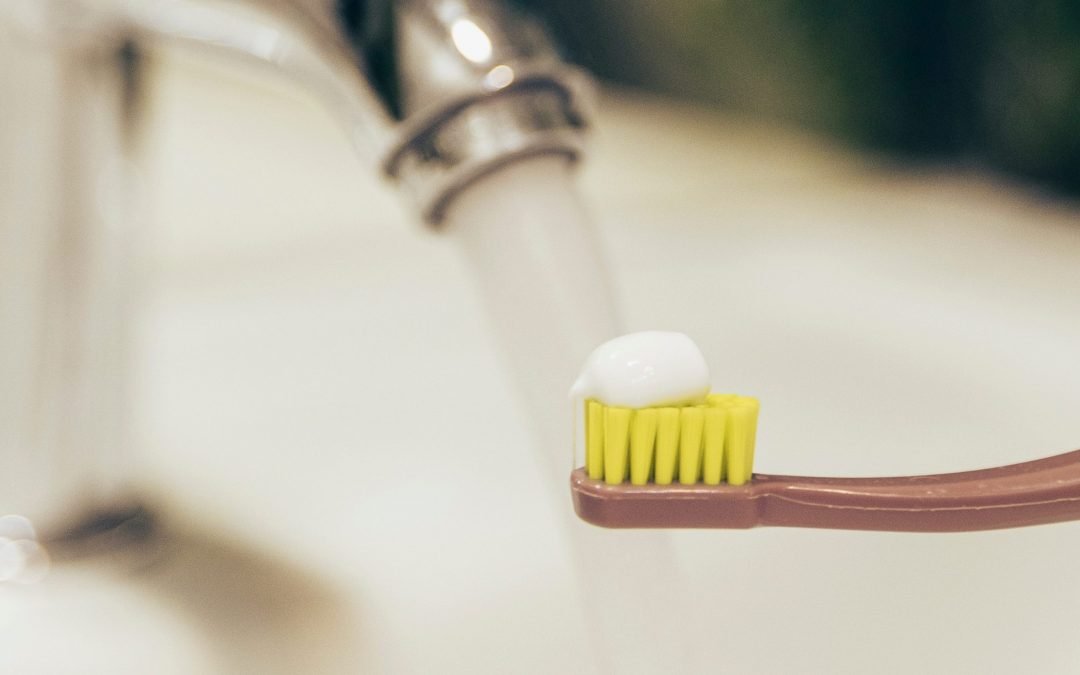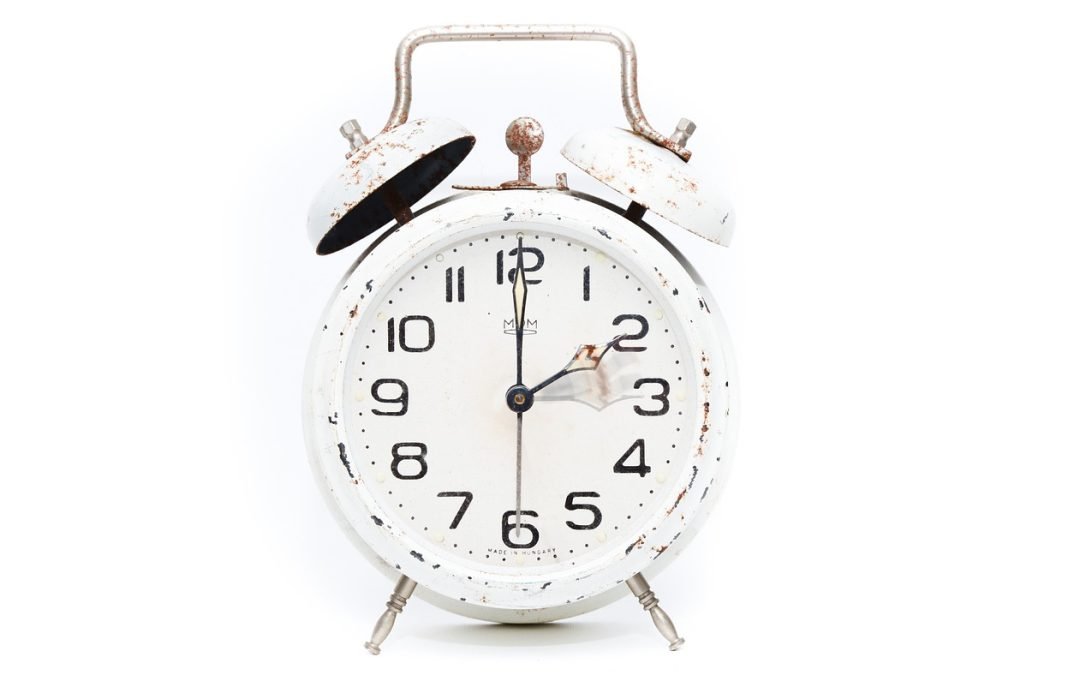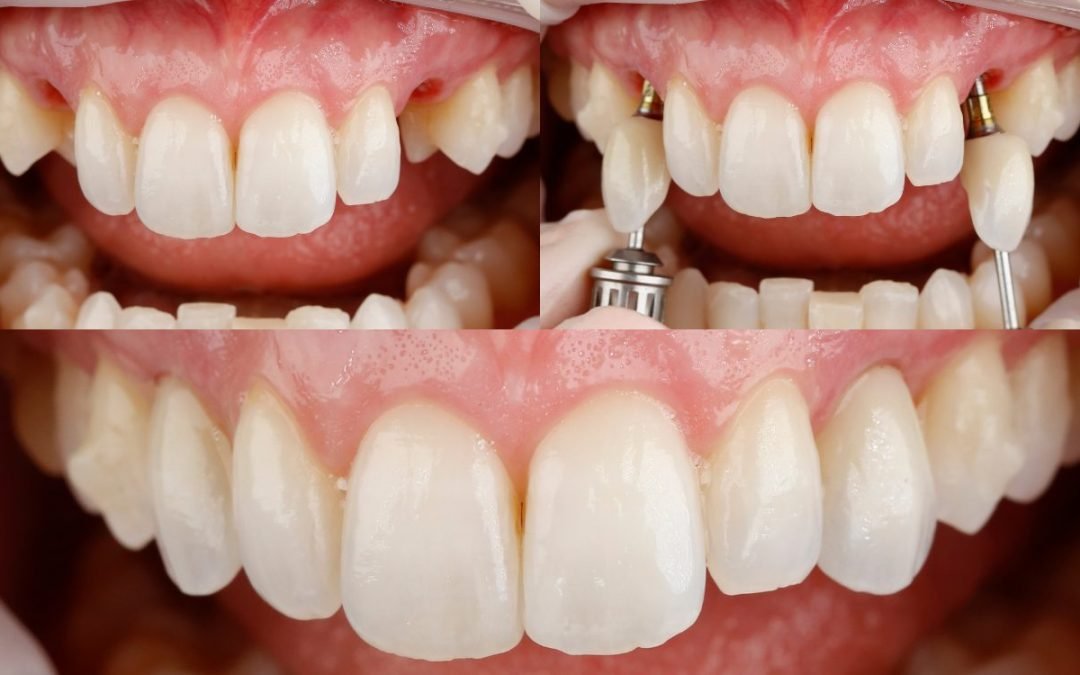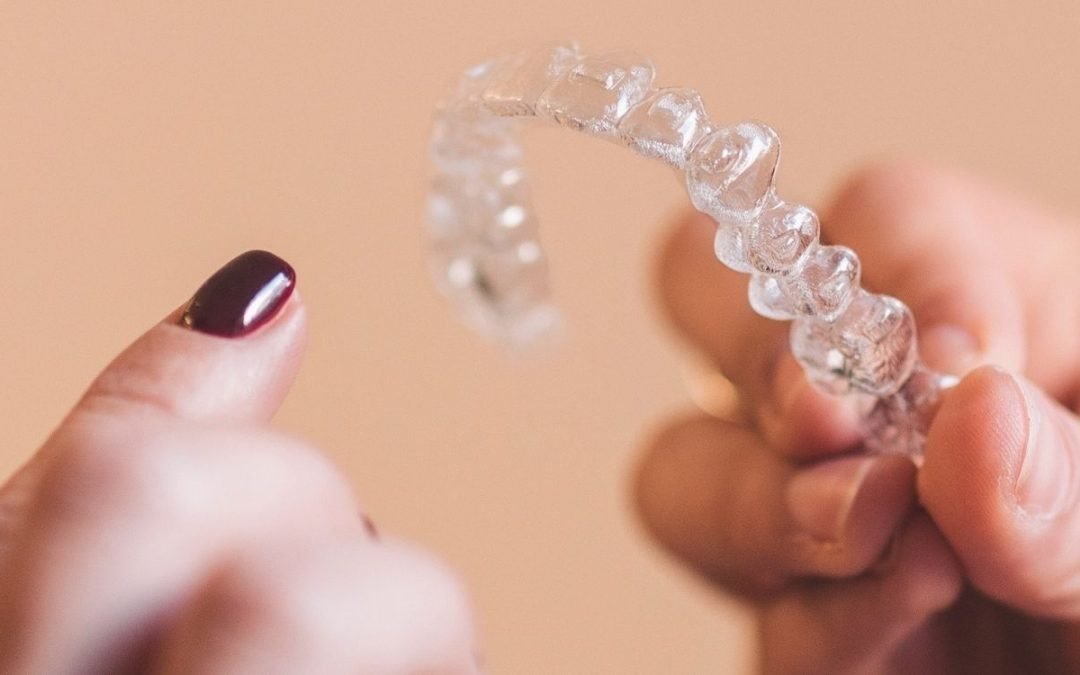Are you about to have surgery and can’t imagine what the post-operative period will be like?
When we have surgery, whether simple or complex, the first question is always: how long will it take to get back to normal?
It’s natural that a few hours after surgery there will be oedema (swelling) of the surrounding tissues, i.e. the cheeks or lips.
However, with new technologies and the experienced health professionals at the Hugo Madeira Clinic, surgery is no longer a traumatic event.
This oedema occurs due to an inflammatory reaction that starts after surgery and can occur around 24 hours to 48 hours later, depending on the complexity of the surgery and each individual case.
To prevent this from happening as much as possible and to make the post-operative period as comfortable as possible, there are some recommendations that should be followed:
- Follow the medication prescribed by the dentist;
- Apply ice for 24 hours after surgery – ice is the best anti-inflammatory;
- Adopt a liquid/soft and cold diet for the first few days;
- Do not make any physical effort or exercise in the first few days, until the surgical area has healed;
- Sleep with your head elevated to reduce the possibility of bleeding;
- Avoid alcohol, tobacco and sun exposure;
- Do not rinse vigorously and avoid spitting (as this can obstruct the formation of the clot necessary for healing and lead to possible haemorrhage);
- Correct oral hygiene: use a post-surgical toothbrush to sanitise the operated area and don’t neglect the hygiene of the other teeth;
- Notify your dentist of any symptoms such as fever, redness, difficulty in cleaning, loss of appetite, bleeding, darker colour or the appearance of pus.
The recovery time from surgery can take a few days, depending mainly on the complexity of the operation. It is essential that you follow the post-operative recommendations so that you have the smoothest possible recovery period.






